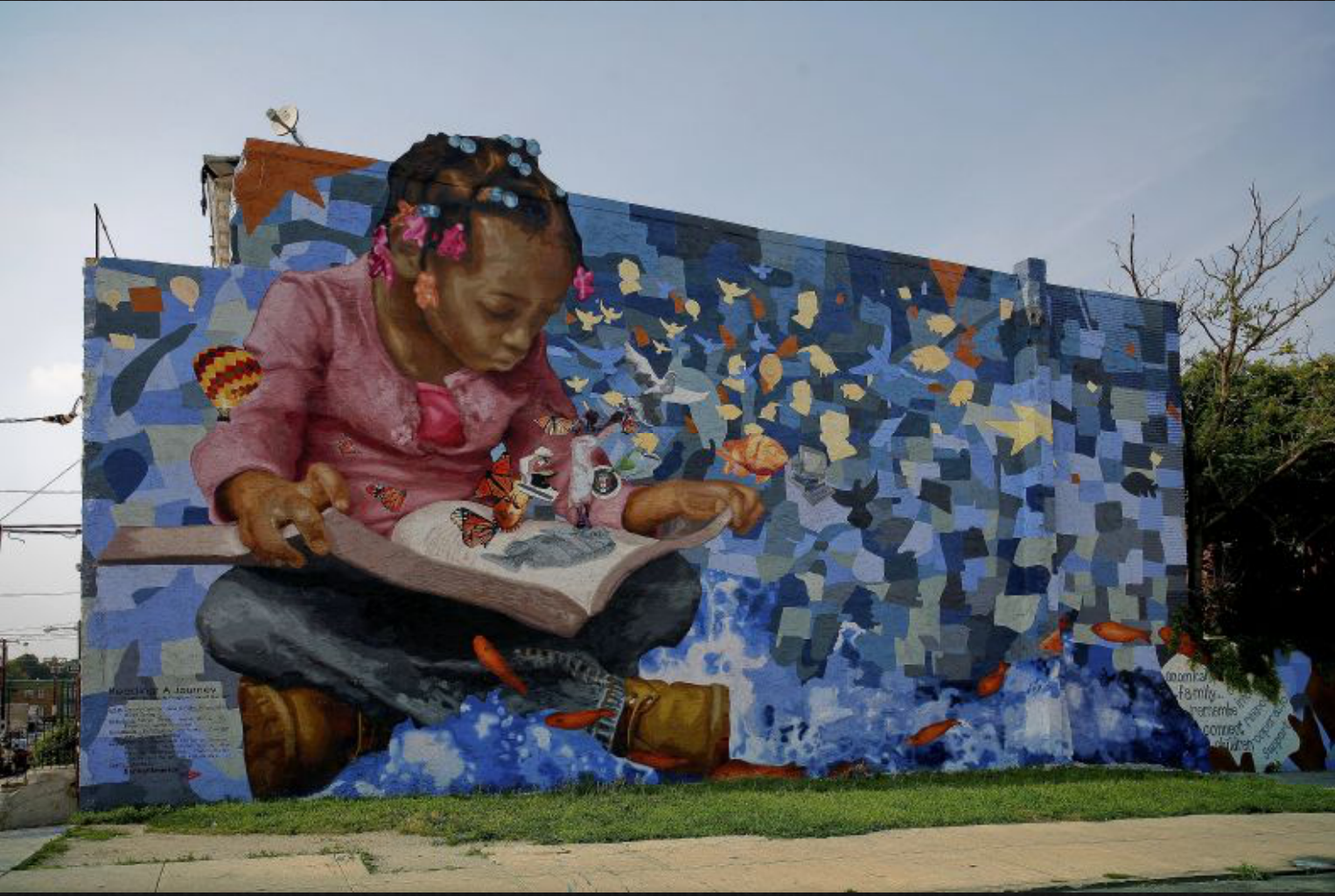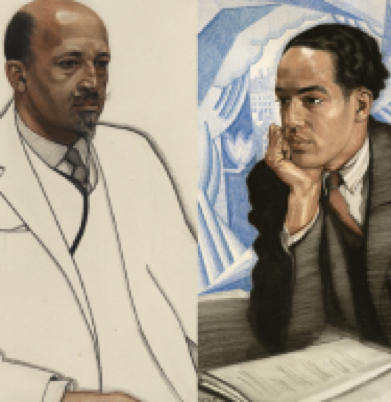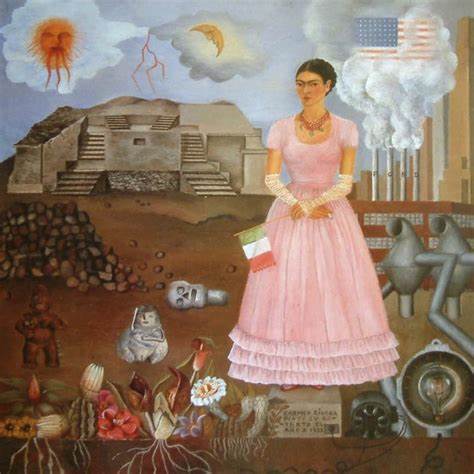- Docente: Francesco Spandri

Besides analyzing some of the main grammar and morpho-syntactic structures of the English language, the course focuses on the diversity and richness of Anglo-American cultures through literature and its authors. A selection of literary works written between the nineteenth and twentieth centuries will be read and discussed in class. Special attention will be given to their formal and rhetorical characteristics as well as their historical, social, and political legacy.
By promoting active participation in class, the adopted teaching method aims at improving overall language proficiency, including the ability to engage in open discussion.
First module - Focus on English Grammar
The first module deals with some of the main grammar and morpho-syntactic structures of the English language.
Second module - American Short Stories
The second module is an introduction to the diversity of American culture through short stories and their writers. The module is divided in three sections: a) 19th Century American Short Stories; b) 20th Century American Short Stories (Part 1); c) 20th Century American Short Stories (Part 2).
At the end of the module, students will be able to: analyze the chronological and historical development of the American short story through its most representative authors; become familiar with the act of analyzing and interpreting short stories through appropriate theoretical and methodological frameworks, acknowledging alternative interpretations and developing critical thinking; experience how literary and cultural texts can transform one’s perception and understanding of self, other and communities.
By promoting active participation in class, the adopted teaching method aims at improving overall language proficiency, including the ability to engage in open discussion.
First module - Focus on English Grammar
The first module deals with some of the main grammar and morpho-syntactic structures of the English language.
Second module - American Short Stories
The second module is an introduction to the diversity of American culture through short stories and their writers. The module is divided in three sections: a) 19th Century American Short Stories; b) 20th Century American Short Stories (Part 1); c) 20th Century American Short Stories (Part 2).
At the end of the module, students will be able to: analyze the chronological and historical development of the American short story through its most representative authors; become familiar with the act of analyzing and interpreting short stories through appropriate theoretical and methodological frameworks, acknowledging alternative interpretations and developing critical thinking; experience how literary and cultural texts can transform one’s perception and understanding of self, other and communities.
- Docente: NICOLANGELO BECCE

Twentieth-century African-American voices
The course is made up of two modules. While the first module deals with some of the main grammar and morpho-syntactic structures of the English language, the second module focuses on the literary and critical contribution by twentieth-century African-American writers. In an interdisciplinary framework, the analysis of the formal features of these texts will be instrumental to connect literary and socio-cultural issues. By promoting active participation in class, the adopted teaching method envisages the improvement of language skills and the ability to engage in open discussion.
The course is made up of two modules. While the first module deals with some of the main grammar and morpho-syntactic structures of the English language, the second module focuses on the literary and critical contribution by twentieth-century African-American writers. In an interdisciplinary framework, the analysis of the formal features of these texts will be instrumental to connect literary and socio-cultural issues. By promoting active participation in class, the adopted teaching method envisages the improvement of language skills and the ability to engage in open discussion.
- Docente: Adriano Elia
- Docente: Luisa Messina Fajardo
- Docente: Emilia Fiandra
- Docente: Alberto Aubert
- Docente: CARLO CAMPITELLI
- Docente: Marusca De Castris
- Docente: Federico Roberto Antonelli
- Docente: ILARIA RICCI
- Docente: Giuseppe Iannaccone
- Docente: Luisa Messina Fajardo

Ormai da qualche anno, importanti organizzazioni internazionali, universali e regionali stanno denunciando con inquietudine una diffusa tendenza all’erosione dei diritti umani anche più elementari, in parallelo al rafforzamento in molti Stati di regimi autoritari e di governi “sovranisti”, al crescente discredito delle sedi di cooperazione internazionale e alla ritrattazione (se non all’esplicito rifiuto) da parte di diversi Stati di obblighi internazionali precedentemente assunti. Autorevoli media ed esperti hanno prospettato una “fine” dei diritti umani, i quali apparirebbero ormai, per varie ragioni, “inadatti” a plasmare la realtà dell’attuale mondo globalizzato. Ed è sempre più diffusa l’idea che i promotori e difensori dei diritti umani abbiano, nel corso degli ultimi decenni, essenzialmente “fallito”. Ma cosa si intende per “crisi” dei diritti umani? È questa crisi irreversibile? E che ruolo ha, o può avere, il diritto internazionale al riguardo?
Questo Seminario intende a) fornire ai partecipanti le conoscenze di diritto internazionale necessarie per b) esaminare criticamente il dibattito giuridico in corso (e i suoi principali aspetti politici, economici ed etici) sull’attuale “crisi” dei diritti umani, alla luce del diritto internazionale vigente, dei suoi più recenti sviluppi e delle sue prospettive future.
Il Seminario tratterà, in una prima parte più generale, il diritto internazionale dei diritti umani e l’idea di una possibile “crisi” dei diritti umani. Nella seconda parte interrogherà, invece, la “crisi” dei diritti umani in aree specifiche del diritto internazionale.
Questo Seminario intende a) fornire ai partecipanti le conoscenze di diritto internazionale necessarie per b) esaminare criticamente il dibattito giuridico in corso (e i suoi principali aspetti politici, economici ed etici) sull’attuale “crisi” dei diritti umani, alla luce del diritto internazionale vigente, dei suoi più recenti sviluppi e delle sue prospettive future.
Il Seminario tratterà, in una prima parte più generale, il diritto internazionale dei diritti umani e l’idea di una possibile “crisi” dei diritti umani. Nella seconda parte interrogherà, invece, la “crisi” dei diritti umani in aree specifiche del diritto internazionale.
- Docente: CARLO FOCARELLI
- Docente: Emma Luce Scali
- Docente: BENEDETTA AGOSTINELLI
- Docente: Vincenzo Cuffaro
- Docente: EUGENIO D'AMICO
- Docente: Felice Matozza
- Docente: Roberta Adelaide Modugno
- Docente: DIANA THERMES
- Docente: Gianfranco D'Alessio
- Docente: ALBERTO BASCIANI
- Docente: Federico Goddi
- Docente: Antonio Iannuzzi
- Docente: Federico Roberto Antonelli
- Docente: Alfredo Cirillo
- Docente: Antonio Spadafora
- Docente: Daniele Andrea Argenio
- Docente: Anna Scarantino
- Docente: Simona Battisti
- Docente: Edoardo Marcucci
- Docente: Raffaella Stimato
- Docente: FEDERICA COLOMO
- Docente: ALESSANDRO VOLTERRA
- Docente: Cecilia REYNAUD
- Docente: GIULIANO SANTANGELI VALENZANI
